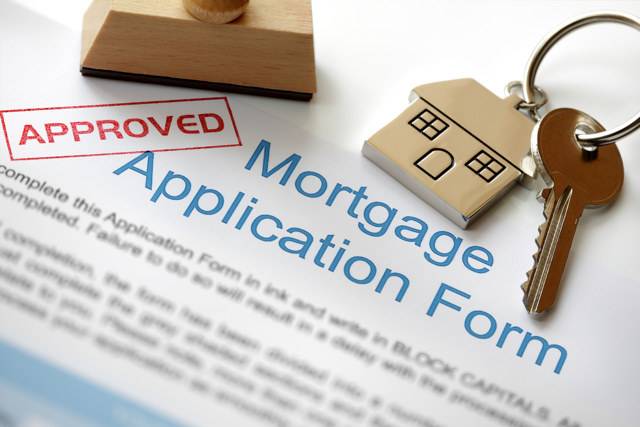
Rental real estate can be very lucrative, and it’s the kind of passive income that can give you a massive return on investment. And for those who want to invest, turn to mortgage lenders to secure the property. But those who are new to this kind of venture may want to weigh their options first about financing and where to get it. Is it better with banks or private lenders? Here are the pros and cons of these lenders.
- Faster Approval
Waiting for loan approval may take time depending on the type of lender, but a private mortgage is known to release cash loans quickly than banks. The latter requires documents and various processes that are tedious and time-consuming. Some application processes take so much time because of the amount of the loan and the paperwork. The application can be approved in just a few hours if you talk to a Certified Mortgage Broker – private mortgage as soon as possible if you have a timeline to keep.
- Chance for Lower Rates
Private mortgage lenders also apply to family members or relatives that you can turn to for money. Specific immediate family members may have the financial capacity to help you. If they trust you enough, you can get a lower interest rate in private institutions. But remember that the rules of the IRS still apply when keeping the rates lower. It must meet the Applicable Federal Rate (AFR), or you can be paying more taxes. Anyone with an ample amount of cash can choose to lend their money and earn more by lending it privately to someone they trust.
- Great Choice for Fixer-Uppers
Private mortgages have shorter payment periods, but those in flipping properties won’t mind the limited timeframe. They may also not dwell on qualifying for traditional lenders because homes that need thorough renovations are frowned upon by lenders even if you have a good credit report.
The reason for this is that it may need more money to fix. Vacant homes are likely to have broken windows, vandalized walls, and plumbing that needs significant work. A private lender may want to take a chance on financing fixer-uppers that you can sell or rent out.
Claim up to $26,000 per W2 Employee
- Billions of dollars in funding available
- Funds are available to U.S. Businesses NOW
- This is not a loan. These tax credits do not need to be repaid
Cons Of A Private Mortgage
- Short-Term Payment Plans
If you’re looking into taking out a private mortgage loan, you need to plan how you can pay it back. Traditional lenders have longer payment terms. Meanwhile, private lenders can give time to pay back what you owe for up to three years. Standard payment terms from banks and other institutions have plans for 15 years and 30 years.
It’s why when you decide on a private mortgage, you need to find out how much interest you’ll have to pay monthly. Since you only get a few years to repay the loan, the amount is bound to be more prominent along with interest. Make sure that you can work on your budget. You also choose to get a mortgage lock-in rate that will help keep the rates from rising.
- Risk of Vacancy
When you’re expecting larger installments and a shorter payment period, you’d want to weigh it against the possibility of extended vacancies. The property may stay vacant for a long time. If you don’t have any other income, you’ll be paying for its mortgage, insurances, taxes, and maintenance expenses.
Do a calculation and assume that the property will be vacant for a month. Find out if the ROI is acceptable for you if the property won’t make money for a while. Make adjustments in calculations if the property stays vacant for more than a month. You’d save yourself some trouble the sooner you find out if the loan is worth it or not.
- Requires Higher Credit Scores
Whether you’re buying a home for personal or investment purposes, the private mortgage lender often requires high credit scores. High credit scores prove your capability to pay back what you owe. Private lenders need you to have a good track record with a score between 500 and higher.
Also, consider the fact that lenders raised the minimum credit scores because of the economic pressure caused by the pandemic. If you need information, you can look into a few mortgage lenders and compare interest rates and quotes to determine how much you’ll potentially pay back if you proceed with the loan.
Financing coming from private mortgage lenders has both benefits and disadvantages. You may find that you can get faster approvals, even for those that need major renovations. But you’ll also be dealing with short payment terms and the possibility that you won’t earn money as soon as you like. Before applying for a loan, it’s better to do your research first.
Author Bio
Reagan Reane is an investment specialist. He’s been in the industry for 15 years. He shares his knowledge about investment by conducting webinars, writing a guest posts, and blog posts to inspire aspiring investors. Reagan loves cycling and hiking during his free time.




